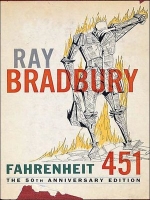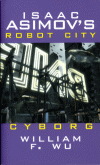It looks like Hollywood just can’t get enough of Dune. I’m midway through my reading the novels written by Frank Herbert (currently on God Emperor of Dune), have seen the 1984 movie and Sci-Fi Channel Miniseries. I’m about to watch the Children of Dune Sci-Fi Miniseries and just ran across this bit of news about a new Dune movie.
Found via Variety, actor turned director Peter Berg is set to direct the next adaptation which doesn’t appear to have any type of ETA. Hopefully they will get good script writers that can be faithful to the book. Although the Sci-Fi Channel remake was more true to the book than the 1984, the special effects were pretty bad due to a low budget. Most of the backgrounds were simply matte paintings. I’d like to see a new movie that looks great and is also true to Frank Herbert’s vision.

